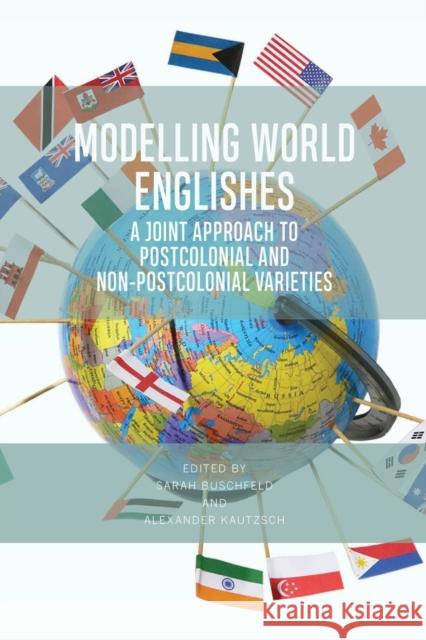Modelling World Englishes: A Joint Approach to Postcolonial and Non-Postcolonial Varieties » książka
topmenu
Modelling World Englishes: A Joint Approach to Postcolonial and Non-Postcolonial Varieties
ISBN-13: 9781474445870 / Angielski / Miękka / 2022 / 440 str.
Modelling World Englishes: A Joint Approach to Postcolonial and Non-Postcolonial Varieties
ISBN-13: 9781474445870 / Angielski / Miękka / 2022 / 440 str.
cena 136,80
(netto: 130,29 VAT: 5%)
Najniższa cena z 30 dni: 125,88
(netto: 130,29 VAT: 5%)
Najniższa cena z 30 dni: 125,88
Termin realizacji zamówienia:
ok. 22 dni roboczych.
ok. 22 dni roboczych.
Darmowa dostawa!
Kategorie:
Kategorie BISAC:
Wydawca:
Edinburgh University Press
Język:
Angielski
ISBN-13:
9781474445870
Rok wydania:
2022
Dostępne języki:
Angielski
Ilość stron:
440
Wymiary:
23.423.4 x 15.6
Oprawa:
Miękka
Wolumenów:
01
Dodatkowe informacje:
Wydanie ilustrowane











